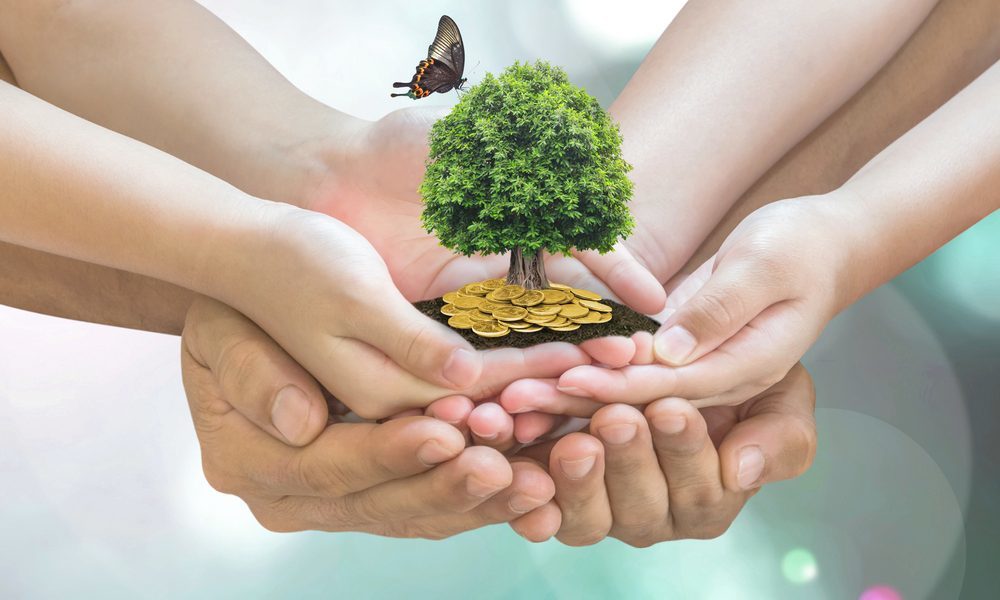Trying to live a more environmentally friendly life has many benefits. Your choices can impact your health, the environment, and even your pocketbook. Most changes you make benefit all three, and most are simple and painless. The first step is making yourself aware of what to do.
Healthier for You
If you have ever wanted to eat healthier, now is the perfect time to consider starting a vegetable garden in your own yard or at a nearby community garden. Carrots, cucumbers and beans are some of the easiest to grow, and once you have a little success, you’ll probably want to branch out to other types of veggies. Double your impact by starting a compost pile at the same time. Not only will you save your kitchen scraps from the landfill, but a compost pile is also a great place to repurpose grass clippings. Just ask your lawn mow service to leave what they cut and sprinkle the clippings in with other compost or use as mulch around your garden. With homegrown vegetables, you know exactly what’s in your soil (your compost) and what isn’t (chemicals).
Switching to more natural or organic health and beauty products should be easy as the market for these items has really expanded. Just look at the list of ingredients on the back of your shampoo or soap bottle if you’re not convinced that you’re putting too many toxins on your body. Beware if you see any of these words: parabens, sodium lauryl sulfate, or sodium laureth sulfate. Some products are designed to give you an immediate result like drying out your skin or putting a shine on your hair when in actuality, they achieve this quick effect with harsh chemicals that ultimately cause deeper damage.
Healthier for the Environment
The paper versus plastic debate has been around for decades, and it rages on still. Plastic bags are very convenient but think for a minute how many times you see one blowing across the road, stuck to a fence or washed up on the beach. If everyone committed to using reusable bags even half the time they went shopping, much of this trash could be eliminated. Canvas bags don’t need to be saved for the grocery store either. Stow a few in your car for any shopping trip, or if you’re only buying a few items, forego the bag altogether.
Landfills are filled with plastic. Imagine if every plastic bottle of soap or shampoo or household cleaner could last longer than a month or two. If you pay attention to the packaging of products, you might find that there are some companies that focus on using as little as possible. Even better are the companies that offer refillable containers. A new trend in household cleaners is a glass bottle to be filled with water and small amounts of powdered cleaner. It’s easy to mix up a batch of counter spray, for example, whenever you need it. Very little plastic waste is created. The most obvious way to reduce your use of plastic is to wean yourself off flats of individual bottled water and purchase a permanent reusable bottle.
More Economical
Installing low flow showerheads and toilets use less money and save you money – a hard-to-beat combination, but that’s only one way to use less water. In states that regularly have droughts, like California, it’s a common sight to see buckets hanging under spigots outside and inside. It’s easy to forget about how much water is wasted waiting for your shower to warm up or dripping from a faucet for a few seconds after being shut off. That water can easily be used in the garden. Another great water collection tool is a rain barrel. Once it’s full, attach a hose to the bottom to power a lawn sprinkler. That’s free water!
The pros to trying your hand at a more environmentally friendly lifestyle far outweigh the cons. Set your goal for one major change a month and by the end of the year, you can officially say that you’ve “gone green.”


